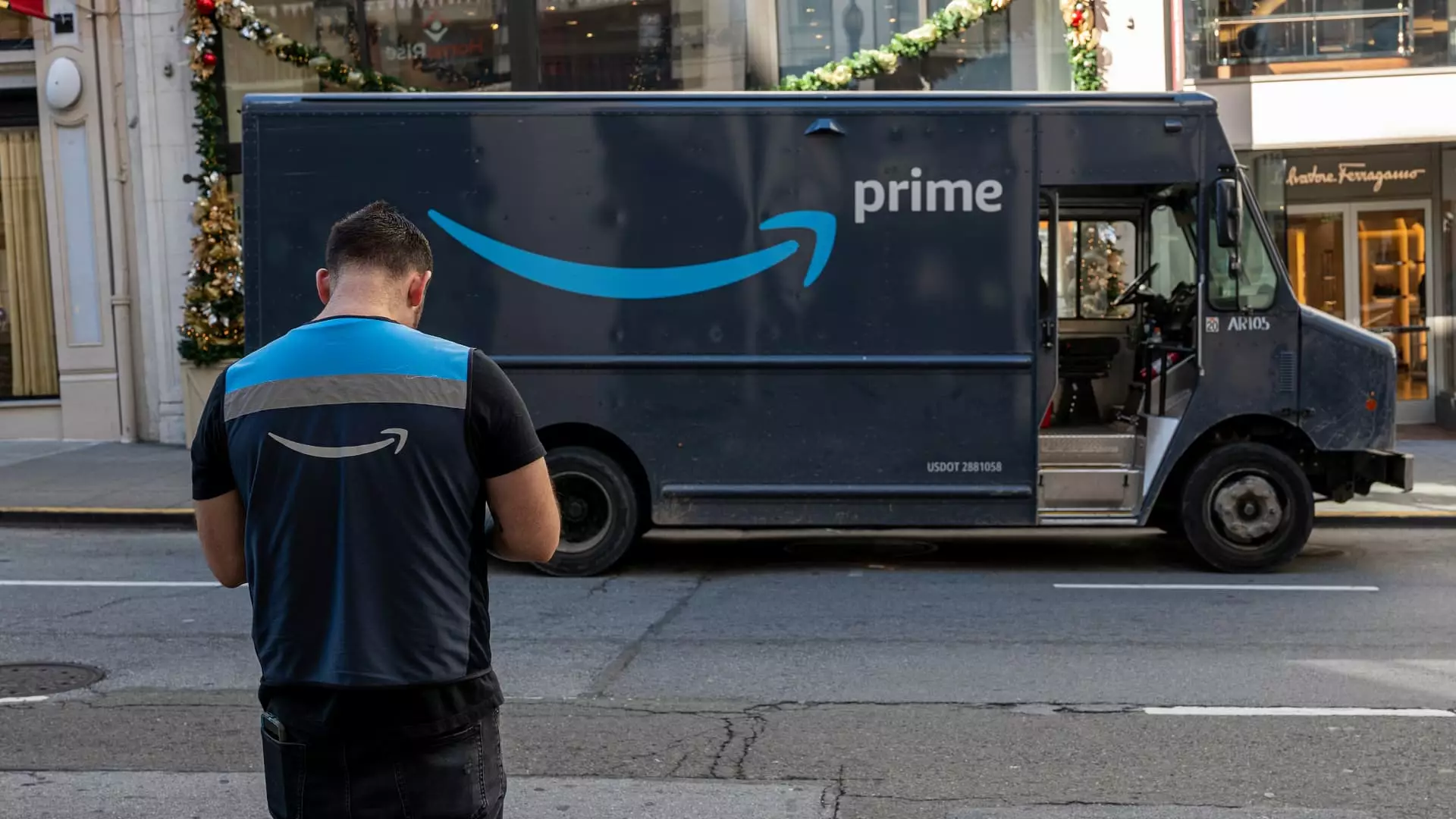In a dramatic twist within the ongoing legal struggles between the Federal Trade Commission (FTC) and Amazon, the FTC has recently requested a delay in its trial against the e-commerce giant. This trial, originally set to begin on September 22, 2023, centers around claims that Amazon misled consumers into subscribing to its Prime program, calling into question the integrity of Amazon’s business practices and the FTC’s capability to pursue justice effectively. The implications of this trial extend beyond just Amazon; they reverberate through the entire corporate landscape, raising essential questions about consumer rights and the accountability of colossal corporations.
The request for postponement stems from significant resource constraints faced by the FTC, which has been struggling with a reduction in manpower attributed to budget cuts and staffing issues. The situation was exacerbated by the ongoing governmental focus on efficiency, which has led to the loss of thousands of jobs across federal agencies, highlighting a disturbing trend that prioritizes cost-cutting over consumer protection. This dilemma raises an intriguing point: in an age where corporations like Amazon have amassed staggering power, can an underfunded regulatory agency adequately protect the interests of everyday consumers?
Amazon’s Denial: A Fight Over the Narrative
In response to the FTC’s claims, Amazon has maintained a resolute stance of denial, asserting that the allegations are unfounded both factually and legally. Attorney John Hueston, representing Amazon, has challenged the FTC’s narrative, arguing there has been insufficient evidence to suggest that the agency genuinely lacks the resources necessary to proceed with the trial as previously scheduled. Hueston’s pushback encapsulates a broader strategy often employed by large corporations: to maintain a narrative of competence and reliability while casting doubt on regulatory bodies. This tactic not only aims to foster public trust but also to sway the opinions of key stakeholders who influence public perception.
The power struggle between regulatory bodies and influential corporations isn’t merely a legal issue; it’s an ideological one. The FTC’s former Chair, Lina Khan, famously highlighted how Amazon allegedly deceived consumers into unwittingly enrolling in recurring subscriptions, which arguably exemplifies a more extensive systemic issue at play. As the regulatory framework grapples with the complexities of modern digital transactions, the question arises: how do we balance innovation with consumer protection, especially when tech giants wield unprecedented influence over commerce and communication?
Changing Leadership, Changing Strategies
This trial comes at an opportune moment as the leadership at the FTC has seen a significant shift, with Andrew Ferguson stepping in after Khan’s tenure. Ferguson’s appointment signals potential changes in strategy and approach to antitrust cases against major tech firms. The FTC’s rigorous chase after Amazon isn’t just about one company; it signals a growing posture from federal regulators to hold large firms accountable. However, the challenge remains: can the new leadership reinvigorate a regulatory body that appears hampered by its own constraints?
Moreover, the dynamic relationship between tech companies and political figures continues to evolve, complicating the regulatory landscape further. For instance, Amazon’s founder, Jeff Bezos, has actively courted favor with political powers, even attending significant gatherings like President Donald Trump’s inauguration. This intertwining of corporate and political interests raises questions about impartiality and whether consumer welfare takes a backseat to corporate lobbying efforts in a bid to influence regulatory outcomes.
Consumer Backlash and the Future of Corporate Accountability
As the FTC and Amazon prepare for this vital trial—amidst staffing issues and an ever-evolving political narrative—the larger issue of consumer trust looms large. Trust is the currency of commerce, and when companies like Amazon, which affect millions of consumers, are accused of deceptive practices, the ripple effects can be tremendous. Consumer trust can quickly erode, resulting in public backlash that no marketing campaign can easily repair.
Thus, the outcome of this trial could set a critical precedent not just for Amazon but for the entire tech industry. A ruling in favor of the FTC could embolden regulators to challenge not only Amazon but other corporate giants that operate in similarly gray areas of consumer rights. Conversely, a victory for Amazon could indicate a concerning trend where large corporations can sidestep accountability despite overwhelming evidence against them.
What remains clear is that this legal battle is not merely a fight between two entities. It reflects broader societal values regarding corporate governance, consumer rights, and the efficacy of regulatory agencies in an increasingly digital economy. As the trial date looms closer, both sides must grapple with the weight of their arguments, knowing that the verdict will resonate far beyond this courtroom.

